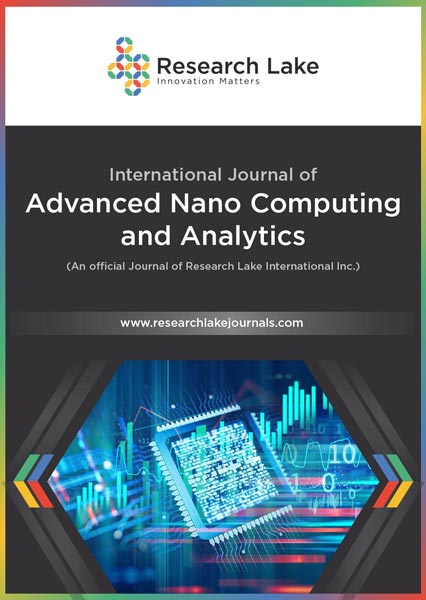Nanoparticles in Cancer Therapy: Current Progress, Challenges, and Future Perspectives in Clinical Translation
Abstract
Cancer treatment is evolving with the advent of nanotechnology, shifting from conventional therapies to precision medicine. Nanoparticles (1–100 nm) which encapsulate drugs and direct them to tumor sites offer unique advantages in cancer therapy, including enhanced drug delivery, reduced toxicity, and improved specificity. This editorial examines various types of nanoparticles, with focus on those that have progressed to clinical trials, while addresses the challenges in translating these innovations from the laboratory to clinical practice. Despite the growing body of researNanoparticlesch, the number of approved nanodrugs remains limited. Hence a deeper understanding of nano formulations and their targeting mechanisms will be crucial to advancing cancer treatment in the future.
Copyright (c) 2024 Raghavendra Sashi Krishna Nagampalli, Eswar Kumar Nadendla

This work is licensed under a Creative Commons Attribution-NonCommercial 4.0 International License.
Copyright © by the authors; licensee Research Lake International Inc., Canada. This article is an open access article distributed under the terms and conditions of the Creative Commons Attribution Non-Commercial License (CC BY-NC) (http://creative-commons.org/licenses/by-nc/4.0/).








